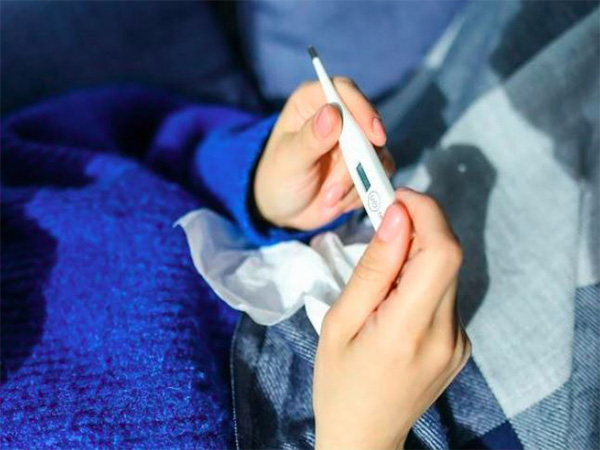Delhi's Seasonal Health Alert: Surge in Viral and Mosquito-Borne Diseases
Delhi doctors report rising cases of HFMD in children and influenza, dengue, and chikungunya across age groups. Monsoon conditions exacerbate the spread, highlighting the need for preventive measures like hygiene and flu vaccinations to curb respiratory and mosquito-borne diseases, according to experts at Apollo and AIIMS Hospitals.

- Country:
- India
Delhi is witnessing a worrying rise in hand, foot, and mouth disease (HFMD) among children, as well as influenza, dengue, and chikungunya affecting people of all ages, report local doctors.
Dr. Jatin Ahuja, an infectious disease specialist at Apollo Hospitals, disclosed that recent weeks have seen a notable increase in Influenza A cases, which include both H1N1 and H3N2 strains. The spike is primarily affecting adults, who are managed through symptomatic treatment, but antiviral medication is essential for those at risk of complications. Prevention measures emphasized by Dr. Ahuja include stringent hand hygiene, maintaining cleanliness in crowded places like schools, and annual flu vaccinations, particularly for vulnerable populations.
The incidence of HFMD is substantial, affecting numerous children in schools, according to Dr. Ahuja. Despite being self-limiting—with symptoms like fever, sore throat, hand and foot lesions, and oral ulcers resolving within one to two weeks—Dr. Dhiren Gupta, Co-Director of Pediatric Pulmonology at Sir Gangaram Hospital, warns that young children are especially vulnerable. Advising against spicy foods and emphasizing hydration, Dr. Gupta notes that most symptoms subside within 8-10 days.
Dr. Neeraj Nishchal, additional professor at AIIMS Delhi, noted the monsoon's dual role in providing relief from heat while also fostering conditions for a spike in infectious diseases. The season sees increased respiratory and bacterial infections, like typhoid, and mosquito-borne diseases due to stagnant water and rising humidity levels. Preventive actions, such as eliminating standing water and staying hydrated, are crucial to managing these seasonal ailments, Dr. Nishchal advises, as the region braces for more respiratory and vector-borne illnesses with the changing weather.
(With inputs from agencies.)
- READ MORE ON:
- Delhi
- health alert
- viral diseases
- HAND
- foot
- mouth
- monsoon
- mosquito-borne
- dengue
- influenza
- AIIMS
ALSO READ
Monsoon Devastation: Record Rainfall Claims Lives and Crops in Rajasthan
Delhi Intensifies Fight Against Mosquito-Borne Diseases Amid Downpour
Monsoon Havoc: Himachal Pradesh Struggles Amid Roadblocks and Power Outages
Central Team to Evaluate Uttarakhand's Monsoon Damage
Himachal Monsoon Havoc: Roads Blocked, Lives Lost, Rescue Operations Intensify










